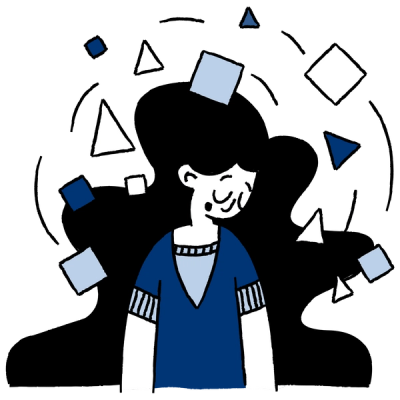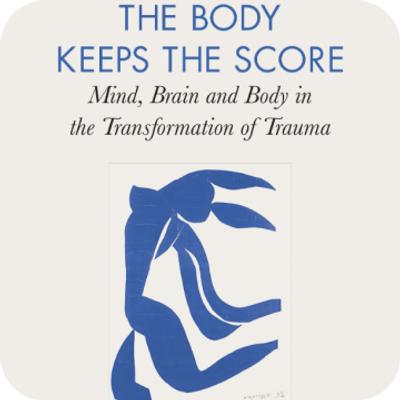Long-term strategies for managing trauma
Coping with the long-term effects of traumatic experiences can be tough and exhausting, especially if you don’t know where to start or haven’t found something that works just yet.
There are a number of strategies that have been shown to work, though different things will work for different people. Try not to feel disheartened if something isn’t working for you - the courage to keep trying is what’s important.
It’s ok to ask for help too. Time and the right support can help you find ways to cope, create room for growth, and find hope.
First, here are some things that you can try on your own:
Things you can do on your own
- Become familiar with your triggers
After a traumatic event, you may be easily triggered by things that remind you of what you experienced. At first, these triggers can be overwhelming and they can interfere with your ability to function normally from one day to the next. For example, if you had a car accident, you may be triggered by hearing stories about car accidents in the news, or you may have difficulty getting back into a car. You could also be triggered by certain sights, smells, or sounds that remind you of what happened.
To minimise the impacts of your triggers, it can be helpful to recognise what they are, so that you can better understand how they affect you. You may want to keep a journal where you write about any intense, negative emotions you feel and what led up to them.
Over time, you may start to recognise a pattern of things that trigger you. Once you get a sense of what your triggers are, you can be more prepared for them. If you know what triggers you, then you can learn how to respond to them in more helpful ways in the future.
- Create a safe space
- Give yourself time
Seek external support
The ongoing effects of trauma can make it hard to feel comfortable asking for help. It might feel difficult to talk about your experience, people might not understand how it’s affecting you, and it can feel hard to trust people again.
“The things that you're feeling, a lot of people are feeling right now. It's important that you recognise what you're going through is not a journey you have to do alone.”
These are normal reactions, however, finding the courage to seek external support can often be the best way to cope with the effects of trauma and find a path to long term wellbeing. The support of others can help you:
- Feel less alone
- Find others who have had similar experience and learn from their journey
- Learn new helpful techniques and strategies
- Create a sense of meaning or purpose through helping others.
Watch this video that explains the importance of staying connected to people after a traumatic event and how to reach out for support.
There are a number of types of therapy that have proven helpful in treating the lasting effects of trauma.
When searching for mental health services, try to find out whether the service provider or individual therapist offers a ‘trauma-informed care’ approach.
A trauma-informed care approach is an approach to mental health that prioritises client safety, choice, collaboration, trust, and empowerment. In trauma-informed care, the mental health provider is aware that anyone they treat could have potentially experienced trauma. This awareness is used to guide and direct how therapy unfolds.
Below, we’ve outlined a few common options.
- Cognitive behavioural therapy (CBT)
- Eye-movement desensitisation and reprocessing (EMDR)
- Somatic therapy or alternative body therapies
“The EMDR therapy has been very helpful to me. It has been a great help, not only in lessening the impact of my PTSD but also in becoming more self-aware.”
Group therapy and support groups
Another option for treating trauma is to attend group therapy or join a support group. Group support for trauma has proven just as effective as one-on-one support.
There are many benefits to getting group support for trauma, such as:
- It is often cheaper and therefore more accessible for many people
- It provides a safe space to share your story and hear from others who have been through similar things. It helps build trust and connection with others.
- It offers an opportunity to learn effective coping tools from people who have also experienced trauma
- It can help you feel heard, supported and validated
- Other group members can offer you encouragement and help you rebuild your self-esteem.
Group therapy and support groups are a bit different. Group therapy is led by a mental health professional and is considered a formal treatment option for trauma. Support groups, on the other hand, are usually peer-led, meaning you may want to consider using them in conjunction with professional help.
- Is group support right for me?
Group support can be extremely valuable for people struggling with all kinds of trauma. It’s important to think about your needs and what you’re most comfortable with. Some people may find it harder opening up in a group.
While you’ll never be forced to share anything you don’t want to share, sharing can help you heal.





